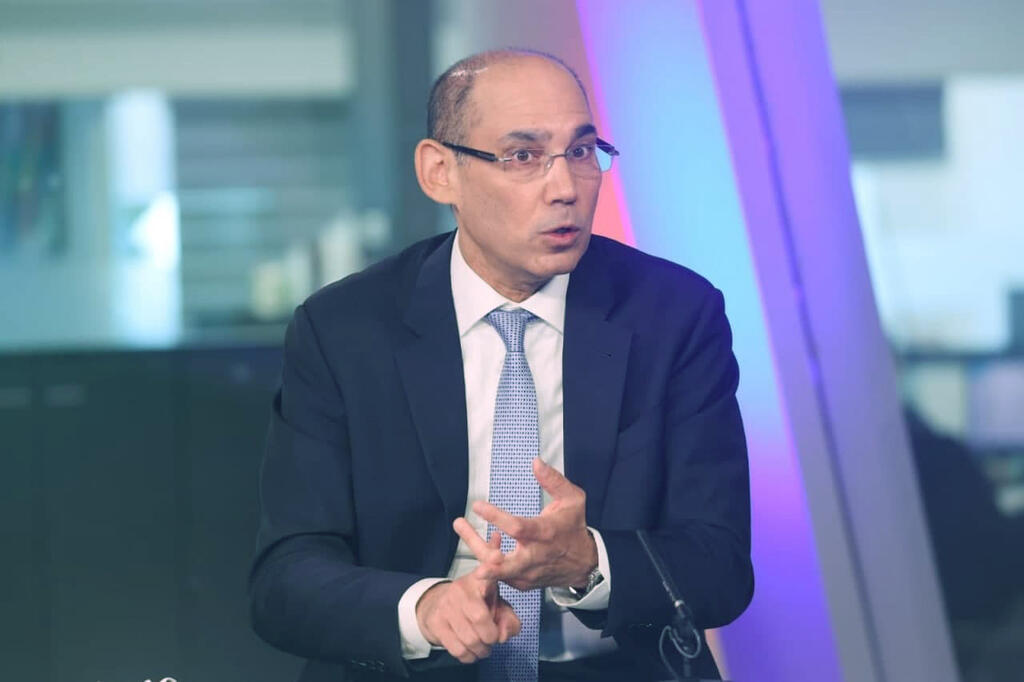The Israeli shekel strengthened further at the start of the trading week, extending its gains after a sharp rally over the past fortnight. The dollar fell 0.7% to around ₪3.36, the lowest since January 2023, while the euro dropped 0.5% to under ₪3.95. On global markets, the dollar index eased 0.2% to 97.2, touching its lowest level since February 2022; the euro held steady at $1.172 and the pound eased 0.1% to $1.369.
Analysts say the central bank may be moving closer to cutting interest rates, citing the strengthening currency and easing inflationary risks. Israel’s next key policy announcement is due July 7 by the Bank of Israel’s monetary committee.
Bonding strength and rate cuts
Strategic markets analyst Madi Shapir at Bank Hapoalim referenced remarks by Governor Amir Yaron in a CNN interview last week. Yaron noted that Israeli inflation faced two opposing forces: an expected uptick in demand and investment—supported by improved geopolitical conditions—and ongoing shekel appreciation. Though he said it is “hard to know” which factor will dominate, the central bank will continue to act “cautiously.” Shapir said this environment points to a rate cut at the end of September, predicting a benchmark rate of about 3.75% in a year.
Alex Zabezhinsky, chief economist at Meitav, said the exchange rate will be a major consideration in policy decisions, as seen between 2015 and 2021, when a 30% shekel appreciation prevented rate hikes despite strong growth and tight labor markets. “This time the pressure could be stronger,” Zabezhinsky noted, adding that inflation is expected to fall to target, possibly prompting rate cuts in September. He forecasts rates near 3.25% within a year.
Inflation and geopolitical relief
Economists at Lider Investment House, led by Yonatan Katz, pointed to the shekel's sharp appreciation—5.2% since the start of the Gaza war and 2.4% in June—as a moderating force on inflation. They noted that Israel’s improving sovereign outlook due to lower geopolitical risk also supports the currency’s strength. Lider lowered its 12-month inflation forecast to 2.1% from 2.2% and projected a 60% probability of a rate cut at the July 7 meeting. However, they cautioned the central bank may delay easing given tight labor markets, fiscal expansion and continued fighting in Gaza.
Outlook
The combination of a strong shekel, weakening inflationary pressures and evolving geopolitical conditions suggests the Bank of Israel may be on the verge of pivoting from its cautious stance toward lowering interest rates, possibly as early as late summer.
Get the Ynetnews app on your smartphone: Google Play: https://bit.ly/4eJ37pE | Apple App Store: https://bit.ly/3ZL7iNv


